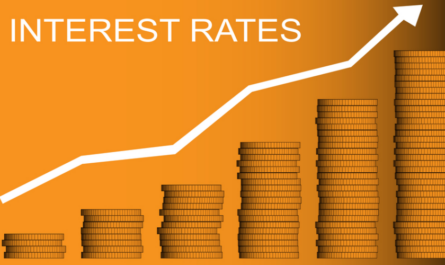The buyer or seller of a futures contract, or “futures,” agrees to buy or sell a particular quantity of assets at a certain price on or before the contract’s expiration date. Investors speculate on futures to profit when the underlying asset’s price rises. Are you considering futures investing or want to learn more? Join us as we explain futures, including their advantages and pitfalls.
The Futures Contract: What Is It?
The value of a futures contract, like any other derivative contract, is dependent on the change in the price of the underlying asset that the owner has agreed to purchase or sell. Consider a scenario where a buyer has committed to buying 100 barrels of oil at a price of $87 per barrel by June 1, 2022. On June 1st, if a barrel of oil costs $91 USD, then the buyer has made a steal. However, the contract obligates the buyer to pay more than $87 for the oil, despite the price plummeting to $82 per barrel.
You may wonder why someone would sign this agreement if they don’t plan to use the 100 barrels of oil. Typically, there are just two possible solutions. The first is that, regardless of when you purchase a future, you may always sell it to someone else before it expires. In the above scenario, the buyer would essentially have an oil coupon in their possession if they had accurately predicted that the price of oil would increase. So, they could sell the contract to someone else for a profit before June.
Second, rather than exchanging physical assets, it is usual practice to settle futures contracts with cash payments. Keep with us for the sake of argument: suppose the seller was obliged to sell their oil at a discount after the price soared to $91 a barrel. They had the option to retain their 100 barrels and pay a cash settlement of $9,100 instead. The purchaser would still benefit, but they would not face the burden of determining how to utilize one hundred unrelated barrels of oil.
Trading in Futures Versus Options
Futures and options are similar in that they both allow traders to bet on the future movement of asset prices, but there are important distinctions between the two that you must be aware of.
An option contract buyer has the right, but not the duty, to purchase or sell an underlying asset at an agreed-upon price (the striking price) on or before a certain date. Despite the upfront cost of purchasing the contract, its provisions do not legally bind the buyer in the event of an unfavorable transaction. So, they’re left with an “option.” Although they stand to lose the premium they paid for the contract, it’s usually not nearly as much as what they would have lost had they proceeded with the arrangement.
However, when it comes to the future, things change. The buyer must fulfill the terms of a futures contract when its expiration date arrives, regardless of whether it involves a monetary settlement or the actual exchange of products. The sole circumstance in which this does not apply is in the event that the investor has successfully transferred ownership of the contract to another entity prior to its expiration date.
This study examines the pros and cons of futures trading
You should carefully consider your risk tolerance before deciding if futures trading is right for you. Profits from futures contracts might add up rapidly if you’re successful. If you bet wrong, you lose the same amount in the same time.
This is critical, especially if you plan to use margin to trade futures. You might just need to deposit 5–10% of the whole contract value at the outset, depending on your broker’s margin requirements. For example, a $10,000 down payment may be required to buy a $200,000 future, even if the total contract value is $200,000. If the deal went your way, you could potentially earn more with a lower capital outlay.
Regrettably, the inverse is also correct. The funds you need from your broker in order to execute a trade are the most fundamental aspect of margin trading. If the deal fails, you must repay your initial investment and any losses. Futures trading is a risky venture that can result in significant gains or losses. Because of the high stakes, it’s wise to use a futures trading simulator to get a feel for the market before putting your money on the line.


